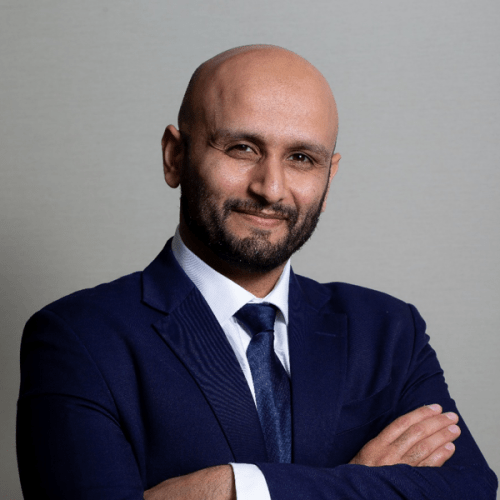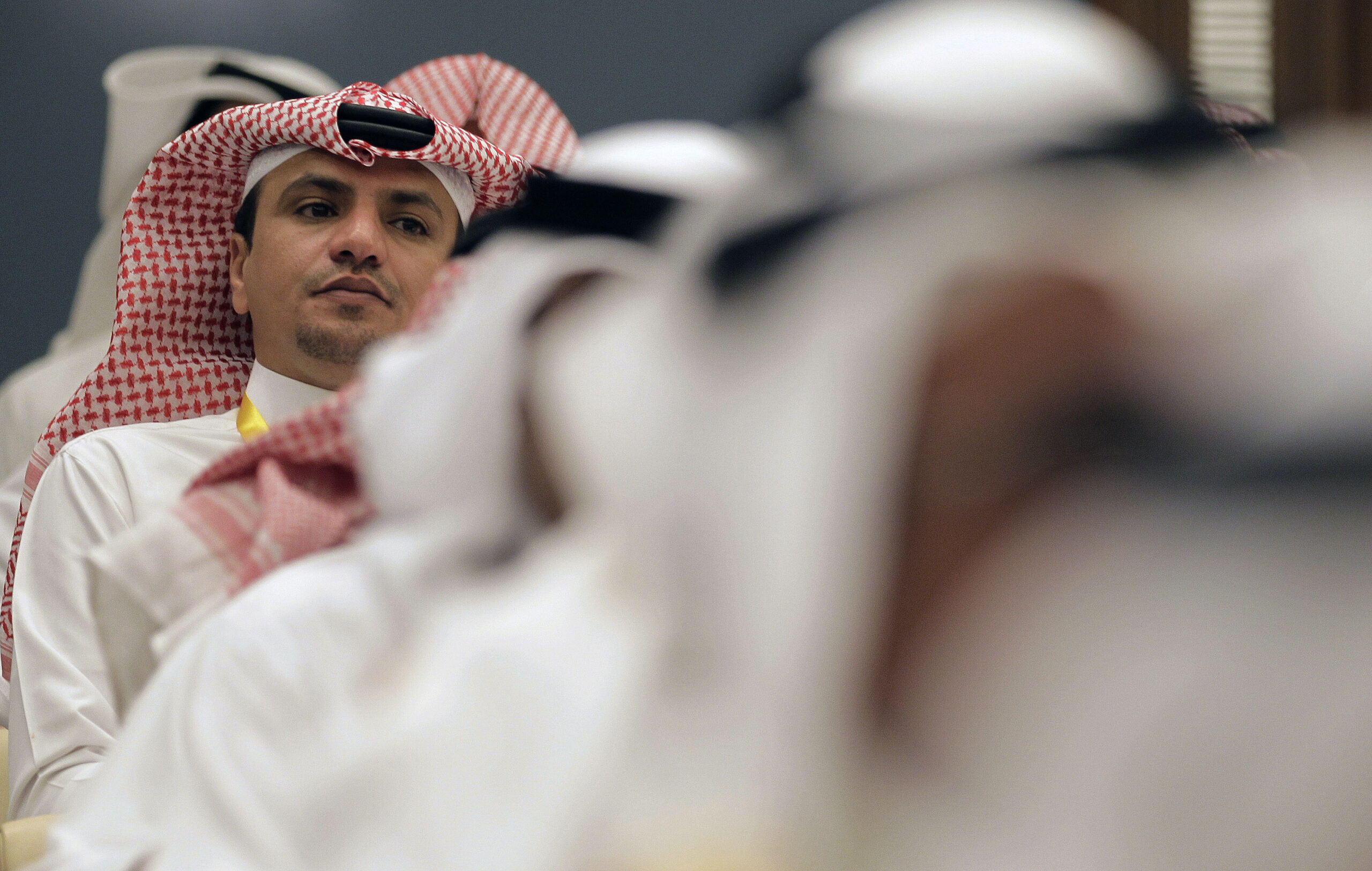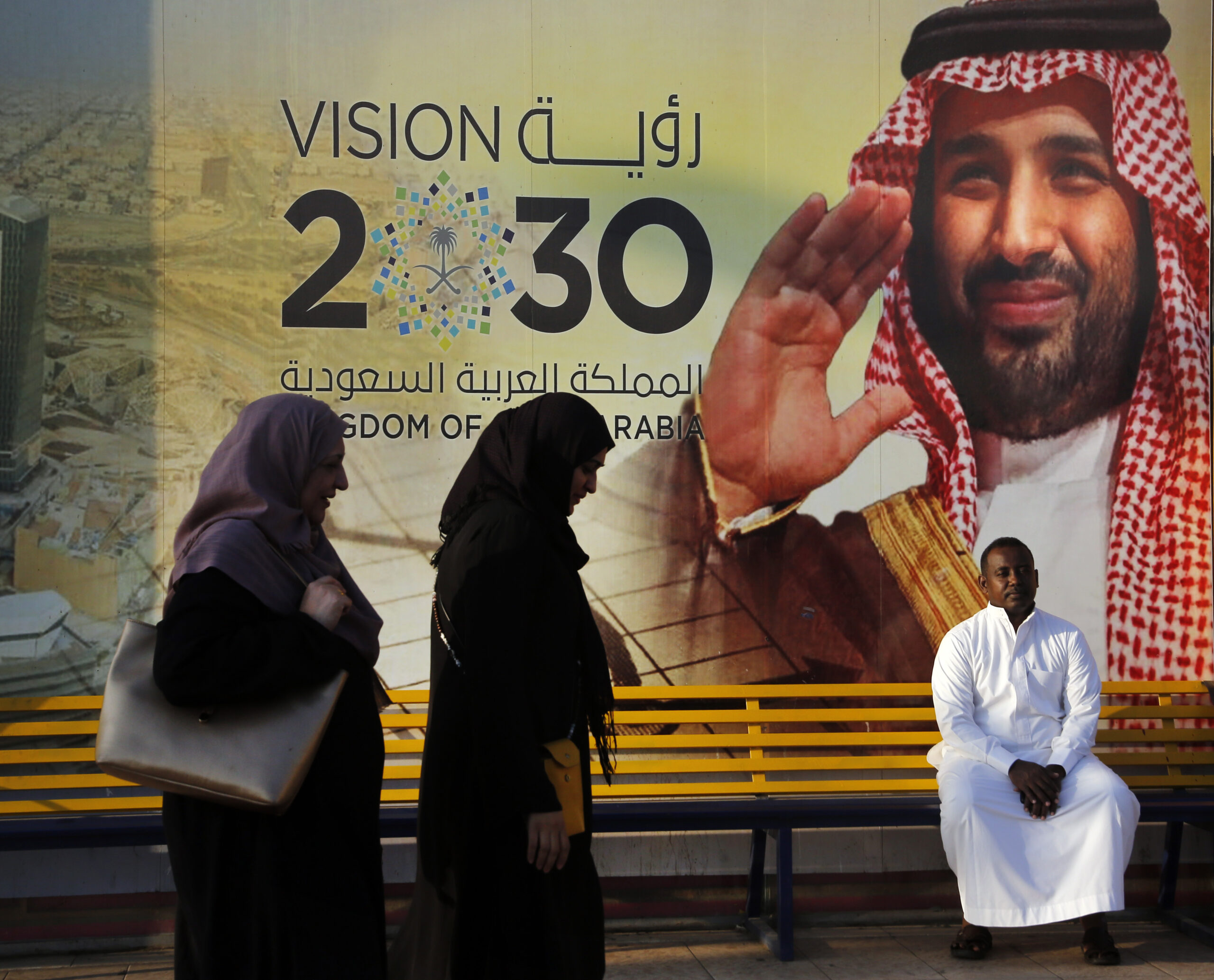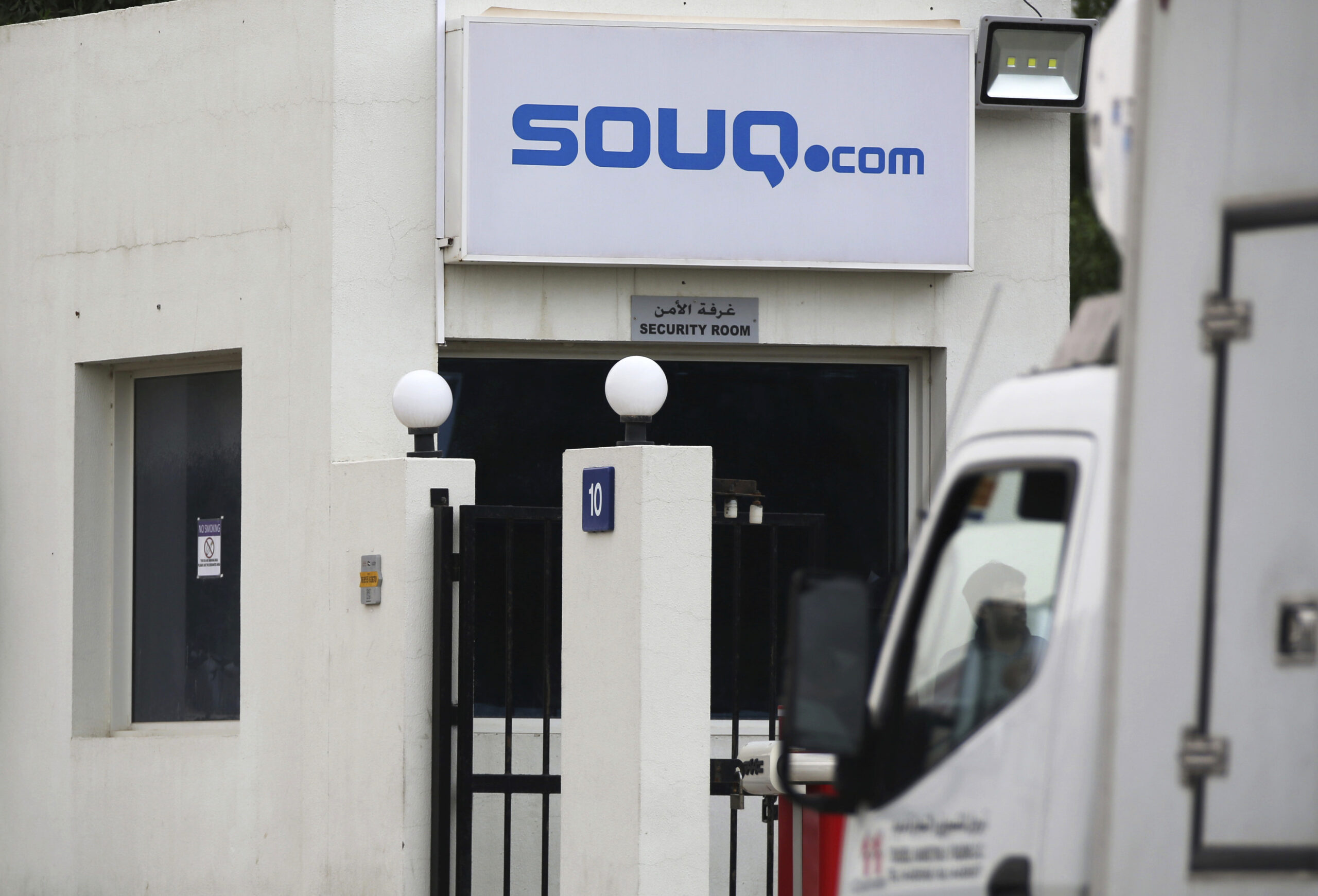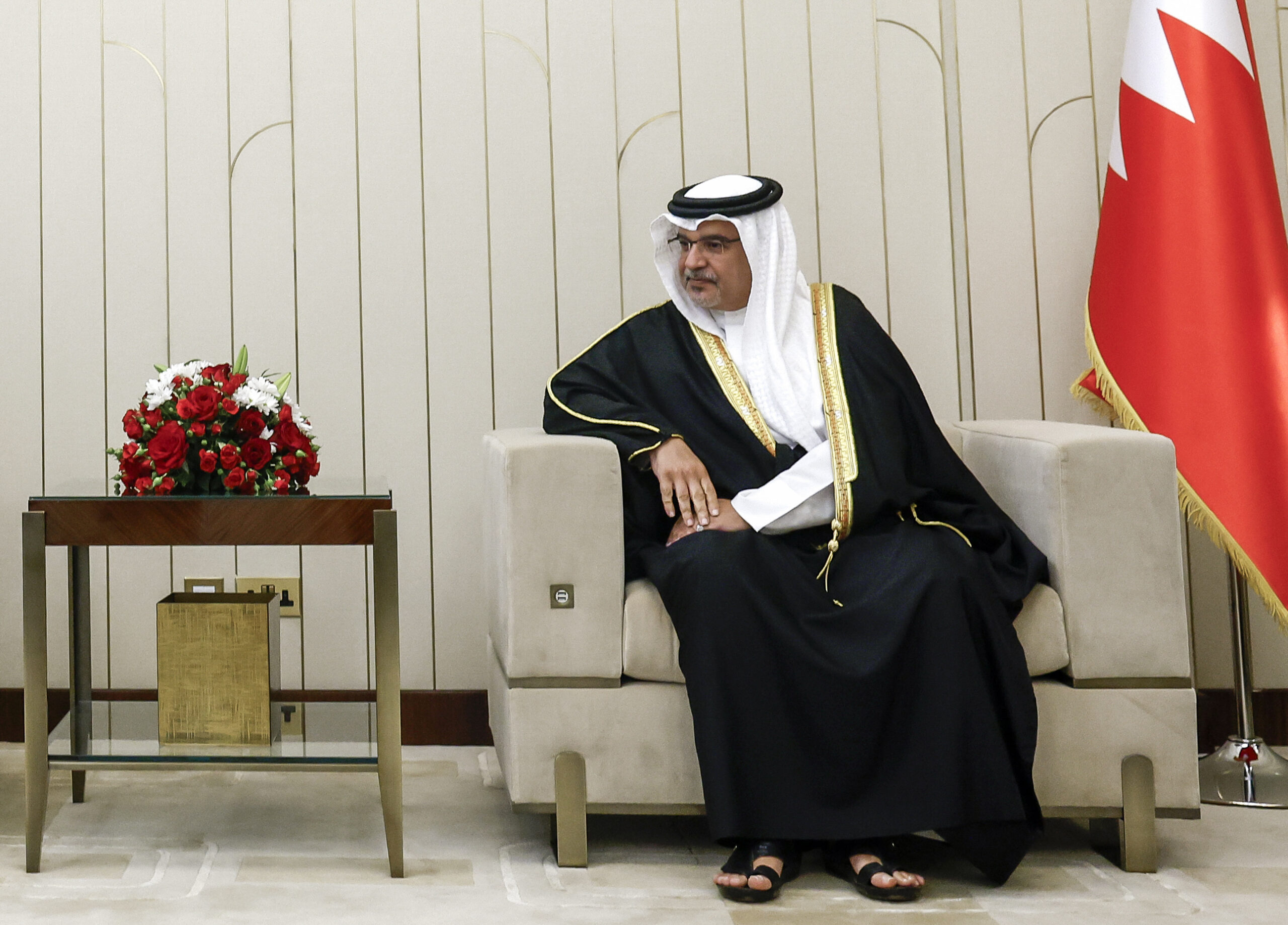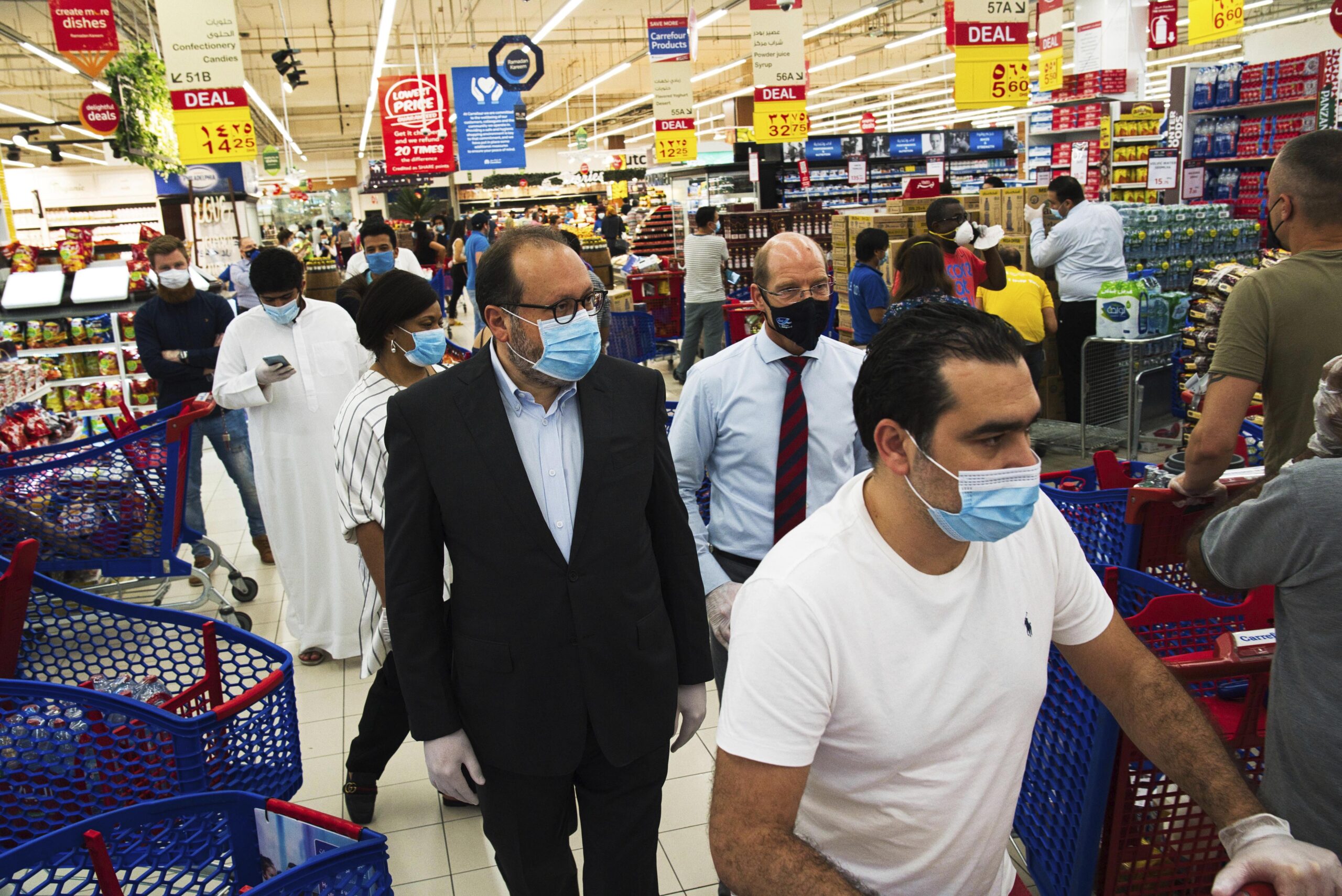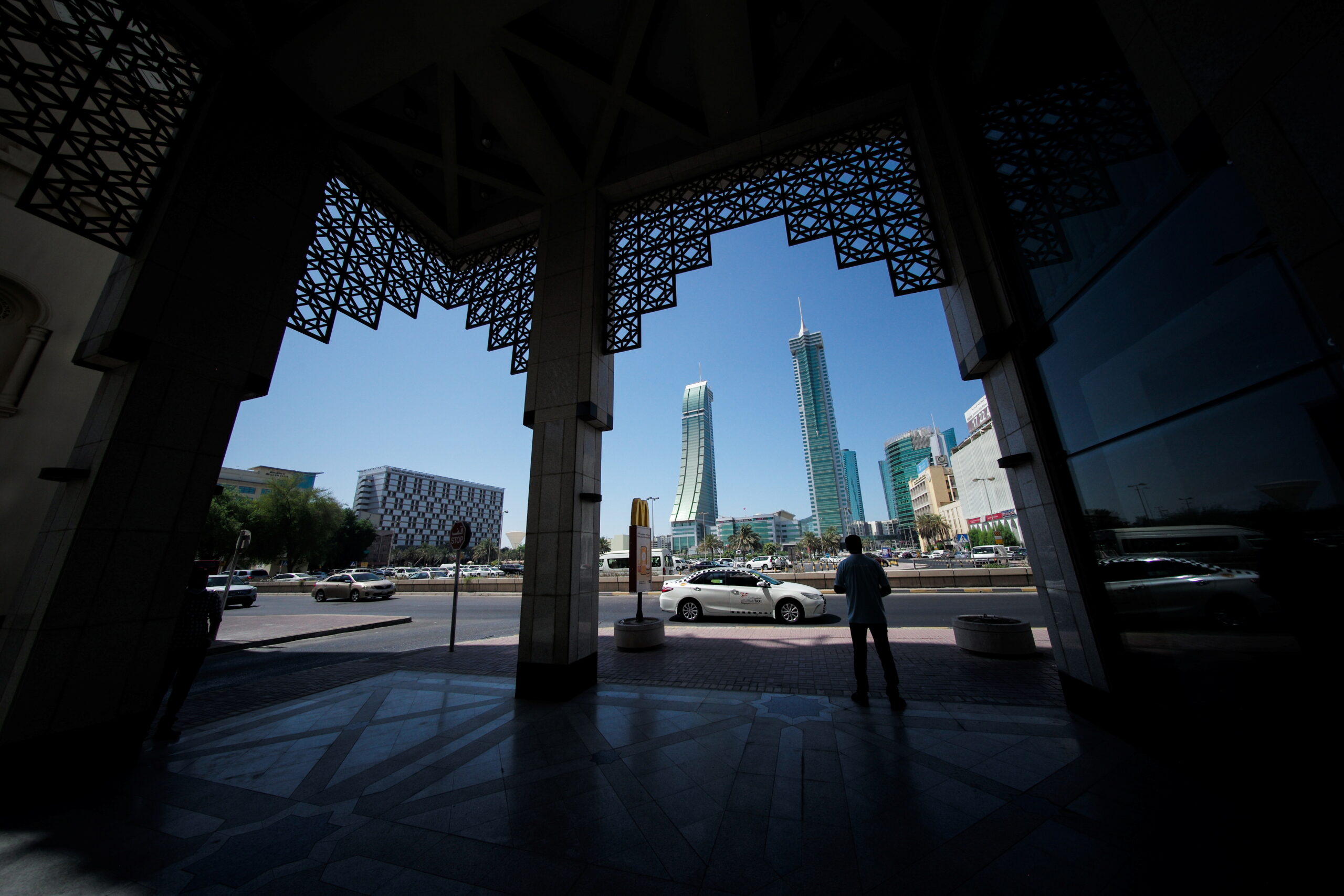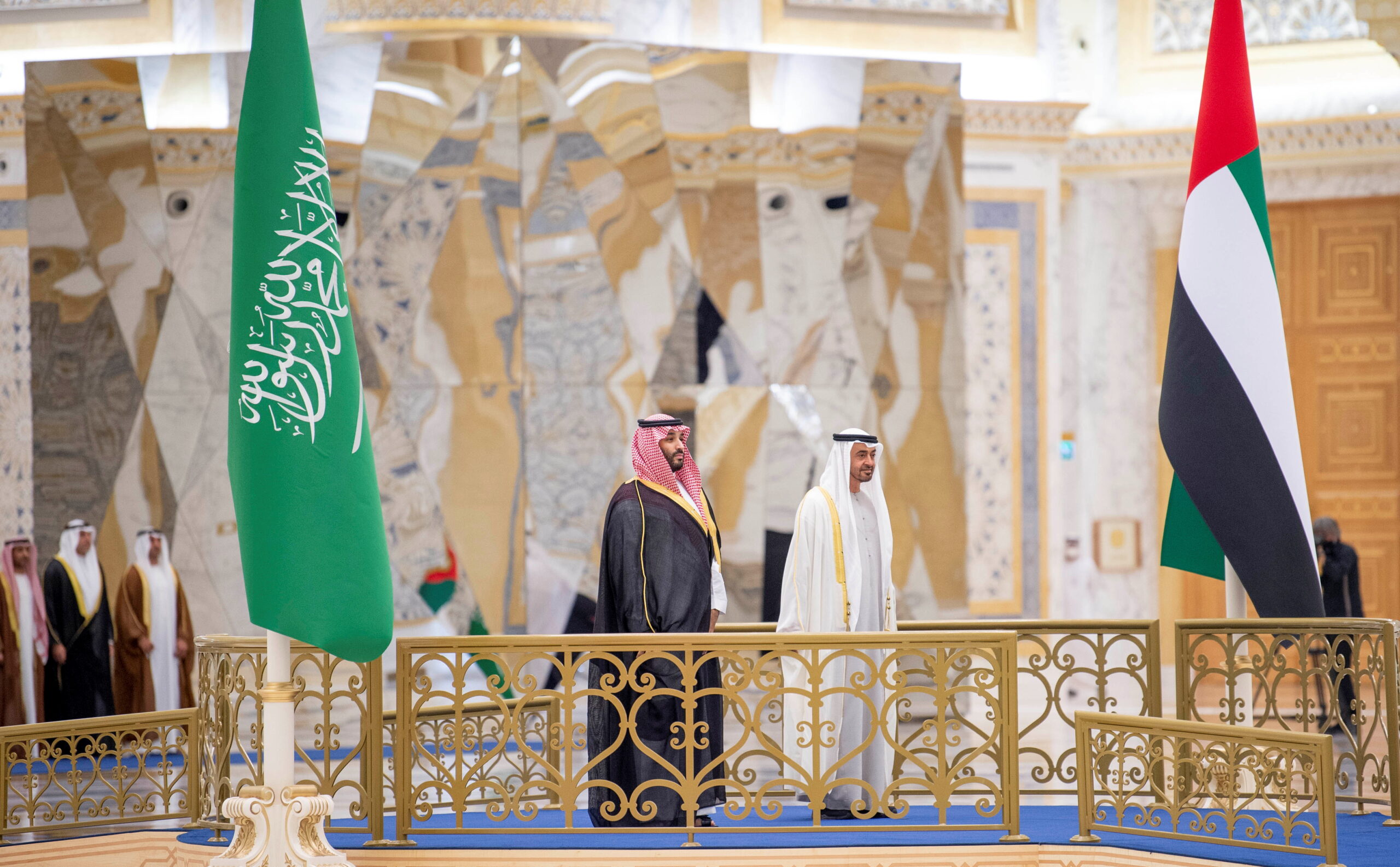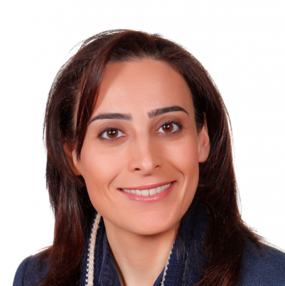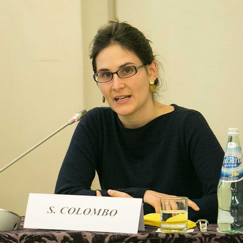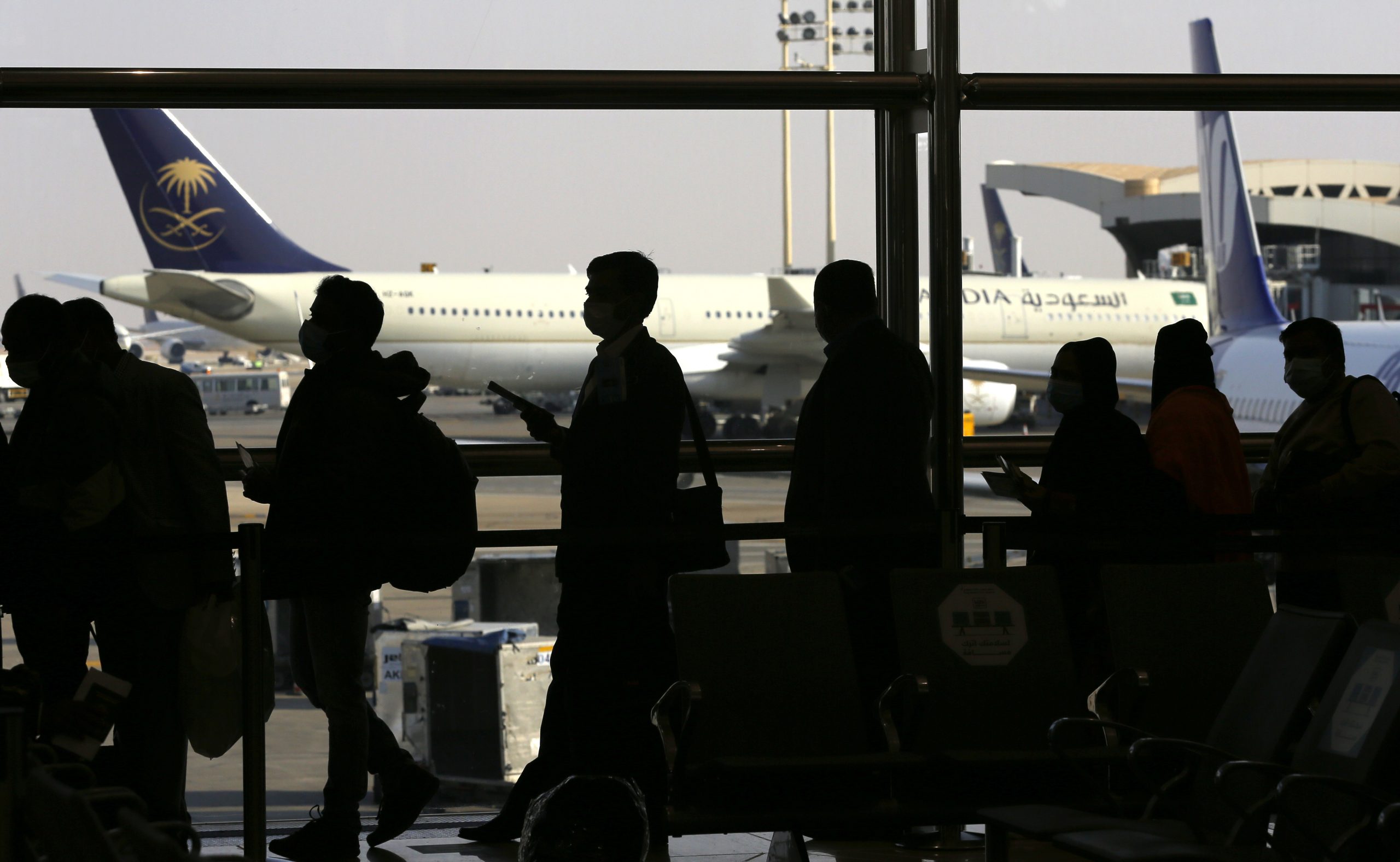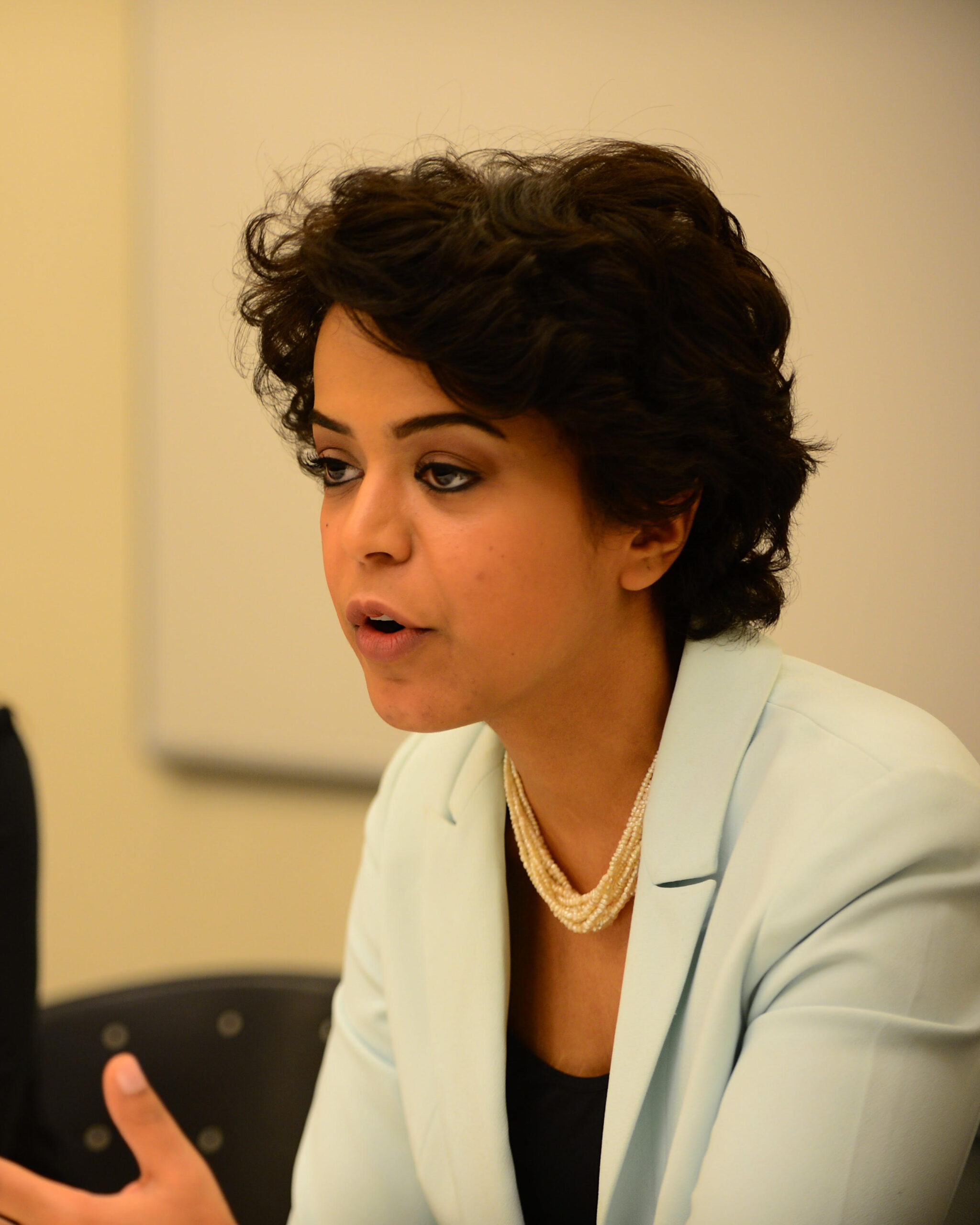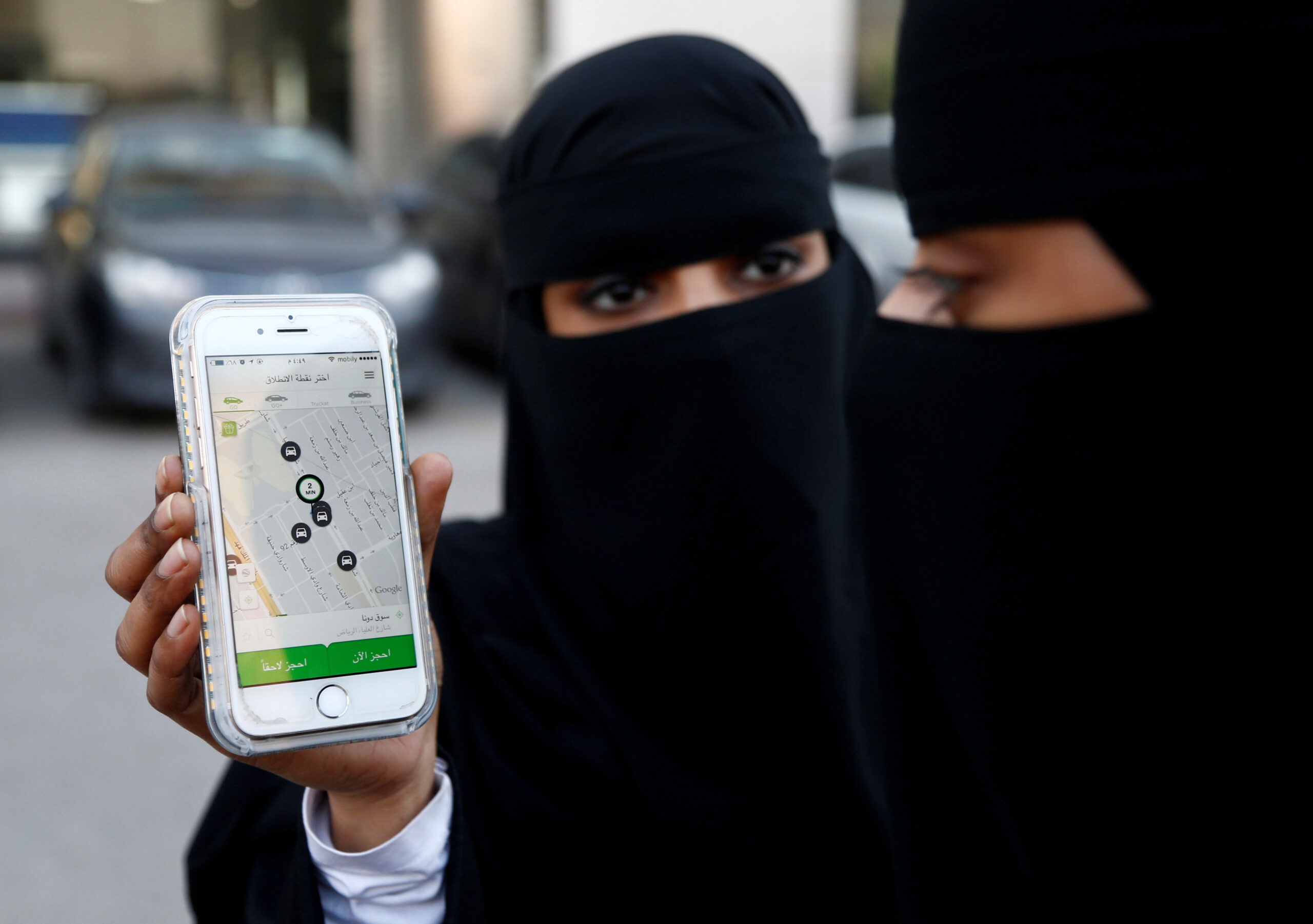
The idea of sharing durable assets to economize on resources is not new. What has changed in the last 15 years, and spawned the term “sharing economy,” however, is the leveraging of the internet’s ability to connect people in real time, especially with the proliferation of smartphones. Aided by sophisticated algorithms, people use apps to share rides, food, tools, storage, and many more goods and services at unprecedented levels, creating hope that the sharing economy can contribute to more sustainable forms of economic exchange.
In the Gulf countries, the high-quality information technology infrastructure (three countries rank in the world’s top 40 for information and communication technology development) and high mobile telephone penetration rates (an average of 170 mobile subscriptions per 100 Gulf residents) have ensured healthy demand for the sharing economy. According to PwC, in 2016, the Gulf sharing economy generated consumer spending of $11 billion.
The Gulf states have also transitioned from being exclusively consumers of sharing economy technology to being both consumers and producers. The most famous example is the United Arab Emirates’ ride-sharing startup, Careem, which was acquired by Uber in 2019 for $3.1 billion. There has also been notable activity in food delivery services: Kuwaiti startup Talabat was purchased for $170 million in 2015, and its Kuwaiti rival Carriage also secured a valuation of approximately $100 million two years later. Saudi Arabia’s version, HungerStation, founded in 2012, was recently acquired for an undisclosed amount. In Bahrain, Yasser Abdulaziz and Ahmed Al Rawi co-founded Malaeb (playing fields), in 2016. The app helps people find soccer fields and games. By late 2019, it helped users join over 200,000 games.
As part of the Gulf countries’ economic visions urging entrepreneurship, Gulf leaders have generally embraced youth initiatives exhibited in the sharing economy. Nevertheless, like many Western governments, they have been more circumspect in dealing with established global heavyweights, notably Uber, due to their perceived impact on local businesses.
For example, Oman has banned Uber outright, with a homegrown clone, OTaxi, appearing instead. Bahrain and the UAE initially allowed Uber, but regulators subsequently restricted it to those with a taxi license, possibly due to lobbying from taxi drivers. In the UAE, Uber is only allowed to offer luxury taxis. Saudi Arabia, on the other hand, has embraced it wholeheartedly because it sees it as a way of creating jobs for young Saudis; in 2018, there were 100,000 active drivers. Moreover, Saudi authorities want to remove barriers to women’s participation in the economy. In addition to permitting women to drive, the decentralized user rating systems of Uber and the automatic geolocation make the ride-sharing app a potentially safer option than traditional taxis, which may make travel easier for women in the kingdom.
While the options for dealing with Uber are relatively straightforward, Airbnb requires greater consideration by regulators. Globally, there are two main complaints leveled against the accommodation-sharing platform: It has an unfair advantage over low-cost hotels due to its ability to evade hospitality regulations, and it raises the cost of housing for low-income groups because landlords find it more profitable to rent their spaces out short term via Airbnb.
The world’s governments are yet to reach a consensus on how to manage these complaints. Morocco balanced its desire to embrace novel tourism systems with a desire to ensure fair competition for residents, developing a formal taxation system for short-term rentals. The Gulf countries, all of which allow Airbnb (Dubai, has over 8,000 listings), are yet to develop any sophisticated systems for regulating Airbnb. They are likely waiting for best practices to mature.
The sharing economy has been a double-edged sword for those seeking to earn a living. Often there is a fixation on the adverse consequences, including the tendency for workers to be denied basic labor rights (sick leave, paid leave, job security), and these concerns certainly exist for Gulf residents who rely on ride-sharing or food-delivery platforms as their primary source of income. However, these disadvantages must be weighed against the job-creation advantages of the sharing economy, notably offering opportunities for people who might otherwise struggle to secure regular employment. Thousands of workers in the Gulf states offer their services on UpWork, a platform for connecting freelance workers to employers, and it is likely that some have circumstances that require them to stay at home, such as the need to care for children or sick relatives, or mobility difficulties resulting from a physical disability. Justly balancing the concerns of all stakeholders is an unenviable task for policymakers.
The regulatory challenges of the sharing economy extend beyond the task of regulating the relationship between sharing economy companies and their competitors, customers, and workers. For example, the convenience of ride-sharing has created a risk of an increase in total car usage, at the expense of environmental concerns and public transportation. The convenience of food delivery has led to concerns over rising obesity as unhealthy meals become more accessible. This latter worry is particularly significant in the Gulf region, which has some of the highest diabetes rates in the world.
The sharing economy remains a highly divisive issue globally: Some fixate on the opportunities for sustainable economic growth, while others describe it as a “nightmarish form of neoliberal capitalism.” This ambivalence at the level of ordinary people is reflected in the diverse array of government responses, ranging from full-on embrace to all-out war. In the case of the Gulf states, owing to the demographic youth bulges, the governments tend to view it as a source of jobs for young people. They also perceive it as a promising outlet for their entrepreneurial spirit, with the added benefit of not requiring huge investments or advance long-term strategic planning from the government. Consequently, going forward, the balance is likely to be in the sharing economy’s favor, with light regulation being the norm.
The views represented herein are the author's or speaker's own and do not necessarily reflect the views of AGSI, its staff, or its board of directors.
